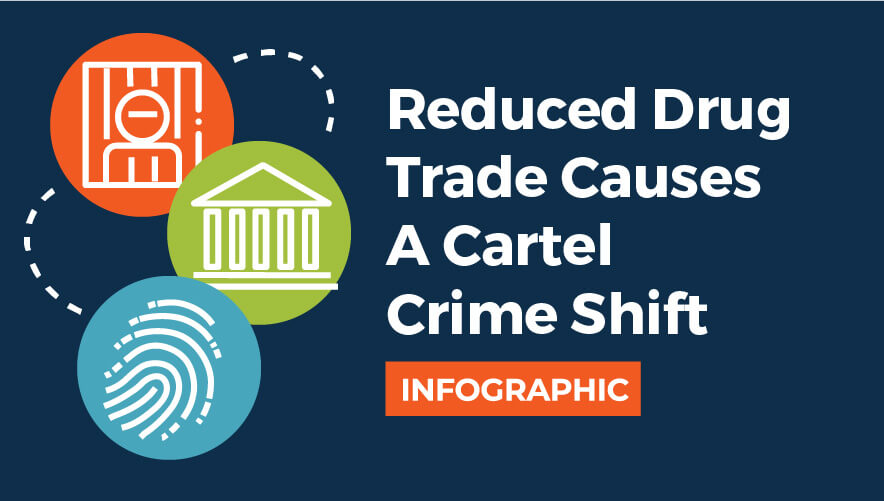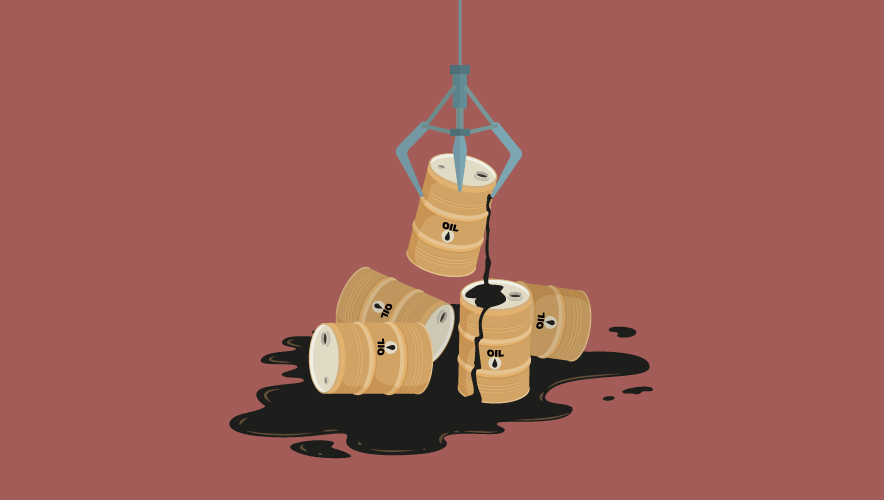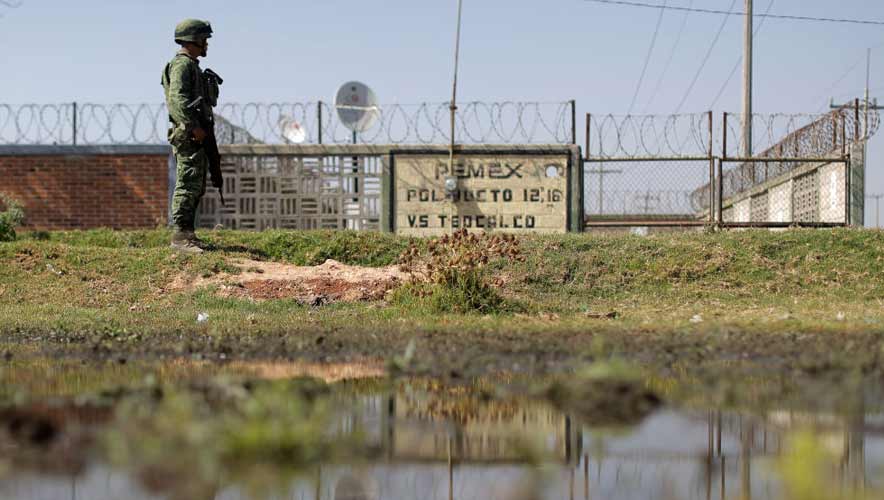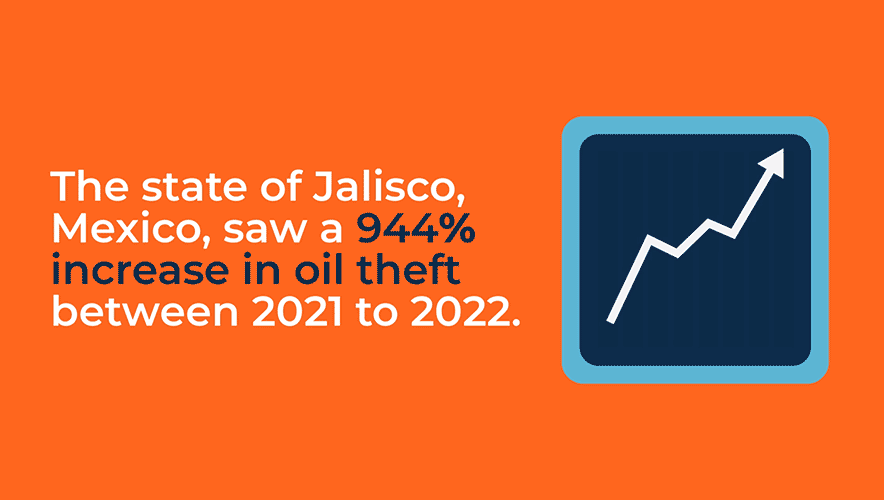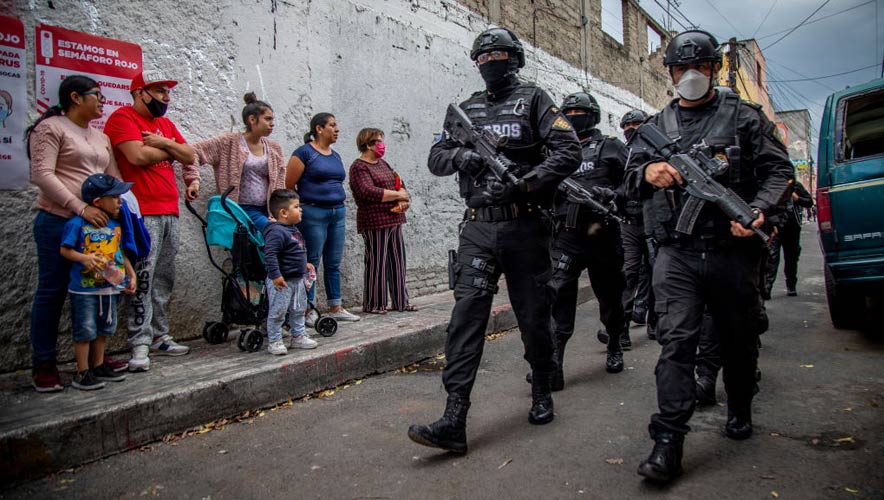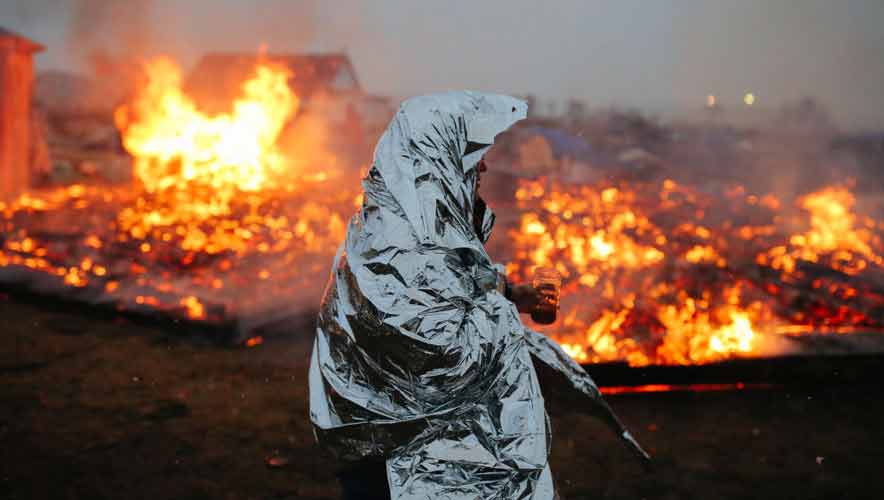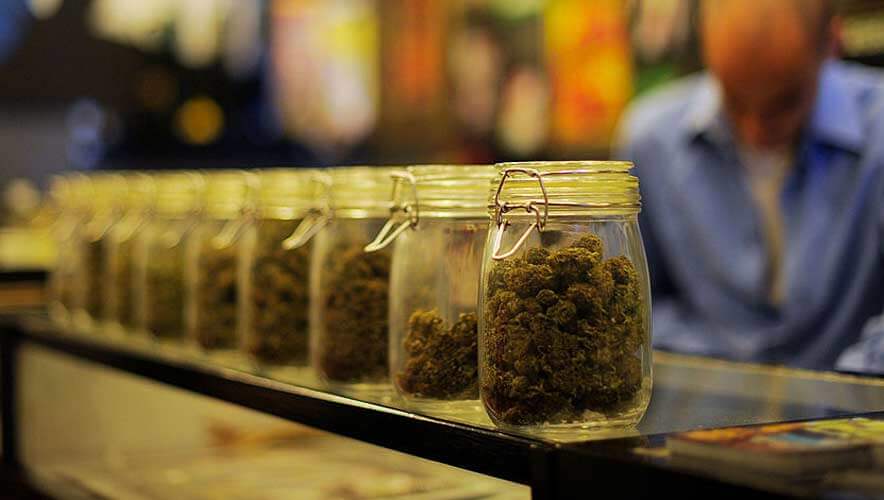Infographic: Reduced Drug Trade Pushes Cartels Toward Other Crimes
After Mexican President Felipe Calderon commenced the nation’s war on drugs in 2007, the Mexican military tried to crack down on cartels involved in the manufacturing, distribution, and profit of illegal drugs. Over the same period, violence soared, making Mexico one of the deadliest countries in the world.
“Thousands of Mexicans—including politicians, students, and journalists—die in the conflict every year,” according to the Council of Foreign Relations.
The 2014 arrest, 2015 re-arrest, and 2017 extradition of the Sinaloa Cartel’s Joaquin “El Chapo” Guzman created a power vacuum within the cartel and resulted in increased violence between rival parties. Between 2007 and 2018, the nation’s homicide rate had tripled, fueled in part by cartel-driven violence.
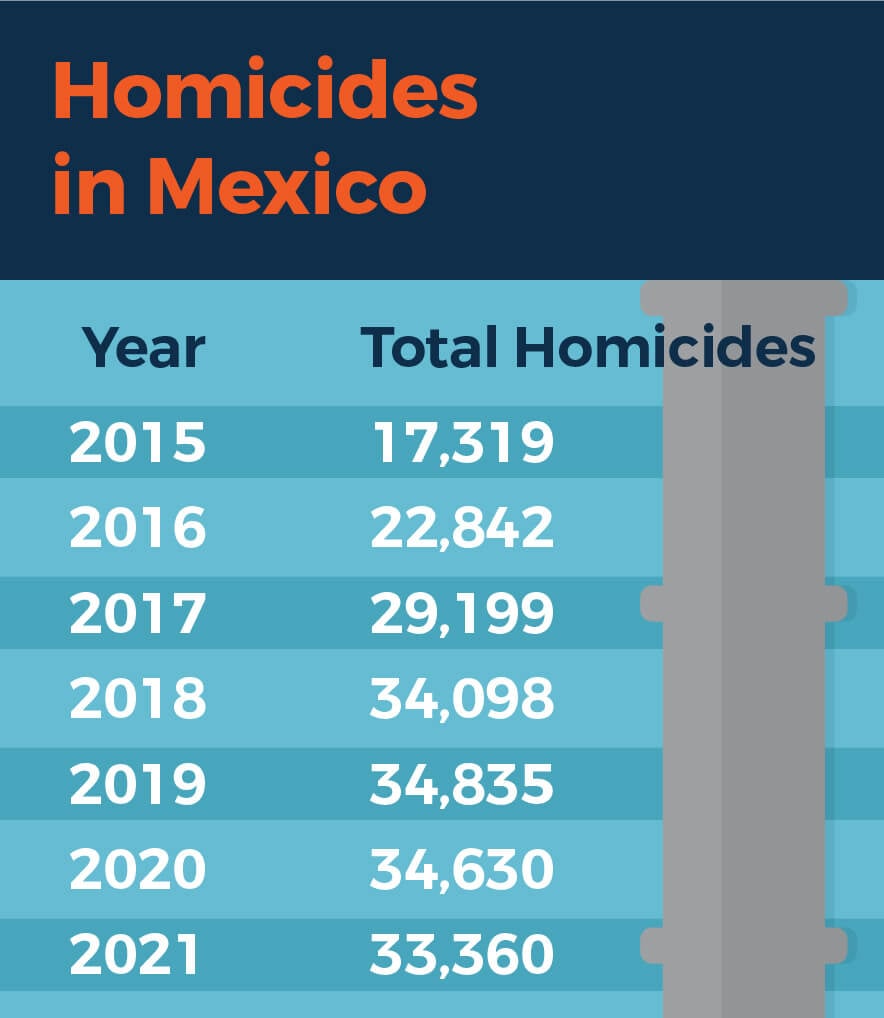
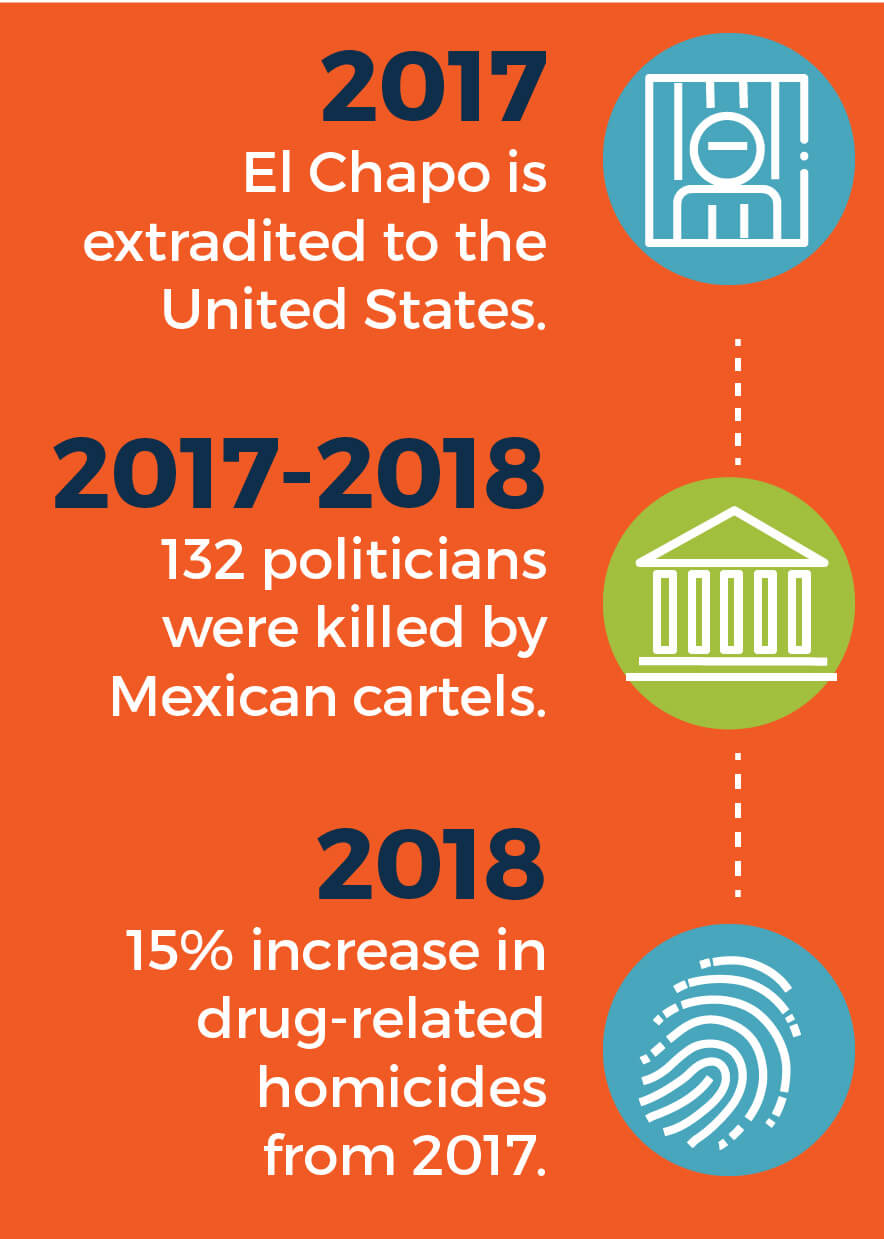
The government focus on drug trafficking, along with changing demand in the United States and other countries, forced cartels to change tactics to make up for lost revenue.
In recent years, law enforcement has come across fewer shipments of most illicit substances, with the exception of fentanyl, a synthetic opioid far more potent than morphine. “Mexico, along with China, is also a leading source of fentanyl, a synthetic opioid up to 50 times more potent than heroin,” according to the Council on Foreign Relations.
Between 2020 and 2022, seized shipments of marijuana and heroin have decreased by approximately 427,595 lbs (73 percent) and 3,891 lbs (67 percent), respectively. The only drug that U.S. Customs and Border Protection recorded to increasingly encounter at the southern U.S. border is fentanyl—approximately 17,150 lbs have been seized in the first half of 2023, compared to the 4,791 lbs in all of 2020. This signals an increase of nearly 258 percent in seized fentanyl.
And although drug trafficking appears to have simmered down in recent years, criminal activity and violent homicides remain on the rise.
While the war on drugs pushed parties toward more violence, it also pushed cartels into new activities and territories, including illegally tapping into fuel lines owned by the state’s petroleum company, Petróleos Mexicanos (Pemex).
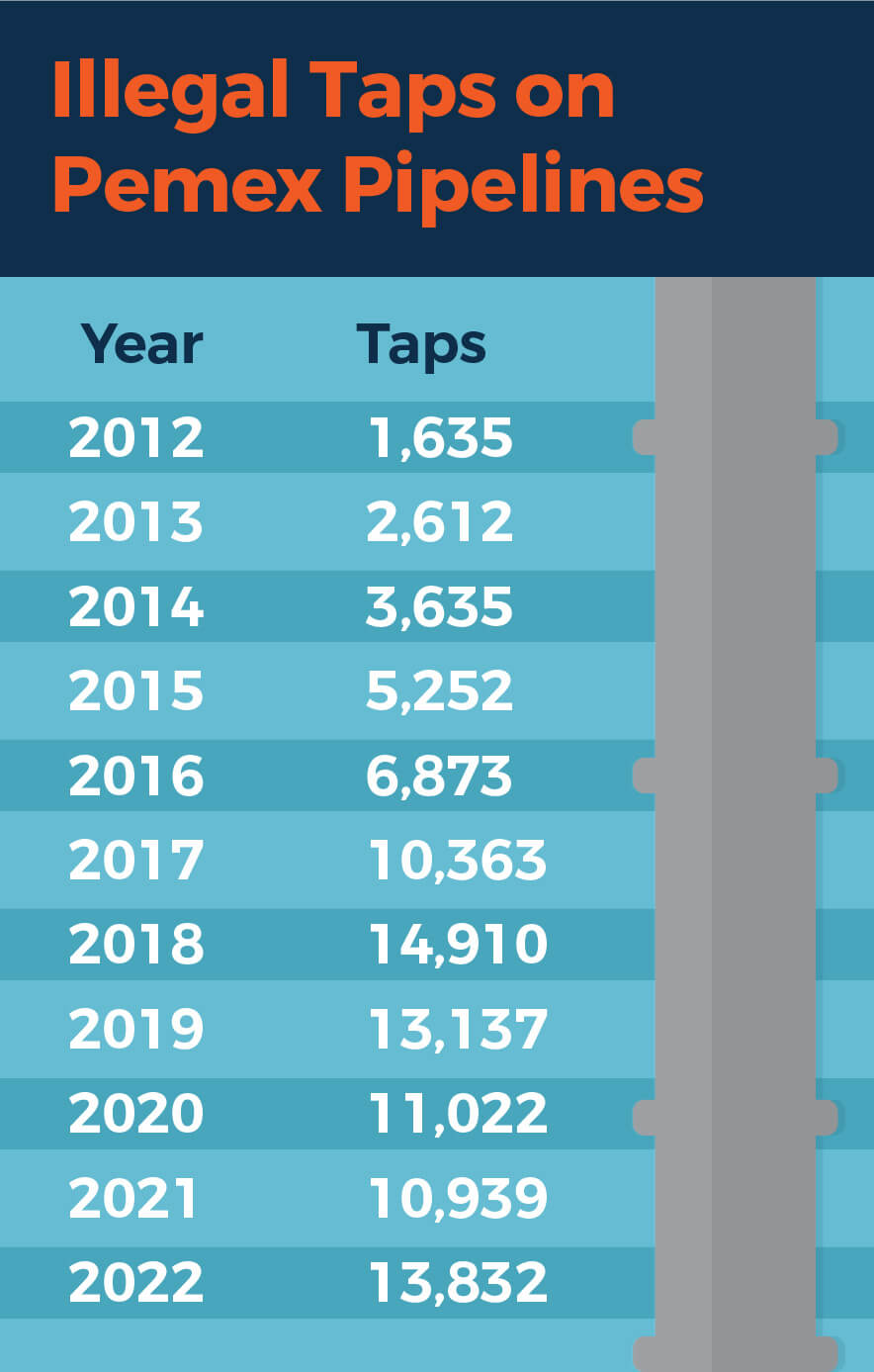
Want to learn more? Consider the following sources:
- “Mexico’s illegal pipeline taps jump 50pc in 2017,” Argus Media, 13 February 2017
- Mexico Peace Index 2022: Identifying and Measuring the Factors That Drive Peace, Institute for Economics & Peace, May 2022
- “Aumentan 26.5% tomas clandestinas a ductos de Pemex,” El Economista, 27 February 2023
- “Mexico’s Long War: Drugs, Crime, and the Cartels,” Council on Foreign Relations, 7 September 2022
- “Drug Seizure Statistics FY2023,” U.S. Customs and Border Protection, 2023
